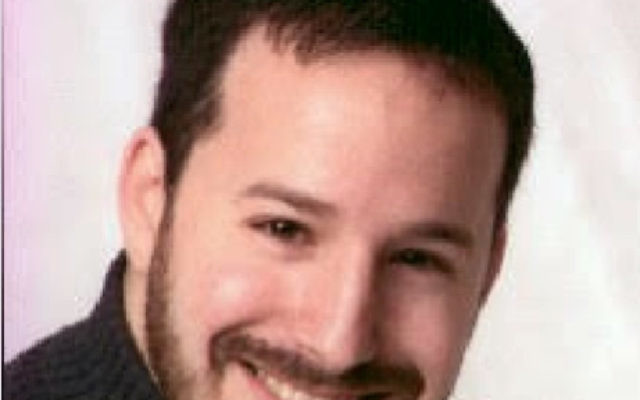Rabbis oppose assisted suicide legislation
Australian rabbis appear to be united against assisted suicide, as the Victorian government considers legalising it for terminally ill people.
AUSTRALIAN rabbis across the religious spectrum appear united against assisted suicide, as the Victorian government considers whether to become the first Australian state to legalise it for terminally ill people.
The state government has referred the findings of a cross-party Legislative Council committee on choices about assisting the ending of life to an expert taskforce, and is expected to decide next year.
Assisted suicide is illegal in all Australian states and territories, although it was briefly legalised in the Northern Territory in the 1990s.
The taskforce is likely to recommend a conscience vote by all Victorian MPs on the issue.
Several safeguards were recommended by the panel in its findings, stipulating the patient must have an incurable disease, be at the end of their life, and have a sound decision-making capacity.
The request to die must be made three times, and the approval of two independent doctors would be needed. Qualifications of anyone administering life-ending drugs would be strictly checked and doctors would have the right to opt out.
However, rabbinical opinion canvassed by The AJN appears unequivocal. Rabbinical Council of Australia and New Zealand (RCANZ) president Rabbi Yaakov Glasman reaffirmed his organisation’s view that “halachah views human life as sacred and its worth is not measured by varying levels of quality of life. With regard to end-of-life decisions, halachah clearly and categorically prohibits the performance of any act that shortens a patient’s life.
“There may be circumstances with a dying patient where halachah deems it appropriate not to initiate new or heroic treatments but there is never an instance in which one may actively end a life or even assist in the ending of a life through means such as lethal injection or the like.
“Even with regard to non-initiation of treatment, each case is different and it is imperative that a competent rabbi be consulted before making any such decisions,” he said.
Union for Progressive Judaism Moetzah (rabbinical committee) chair Rabbi Kim Ettlinger stated, “Judaism, and hence Progressive Judaism, sees life as a gift from God and therefore needs to be treated with the highest level of respect.
“We may not do anything to unnecessarily prolong a life, nor may we do anything to accelerate ending a life unnecessarily. We may take action to alleviate pain and suffering and at the same time to enhance a person’s quality of life in illness. And, when medical therapies are deemed ineffective, we may withdraw them – under medical advice only.
“It is our obligation to do what we can to heal someone who is sick and take care of them, but this does not include assisting a patient to end his or her life. Assisted suicide, therefore, is incompatible to Jewish teaching. And, it has the potential for interpretation and abuse,” she stated.
Rabbi Rafael Kaiserblueth of Emanuel Synagogue in Sydney, representing the Conservative-Masorti movement, said: “Life is sanctified … it’s not up to us to decide when it begins or ends, but there is some nuance. Halachically, we can’t do anything to hasten the end of a life, which doesn’t mean we need to prolong it unnecessarily. There’s a difference between active and passive measures.”
Contacted by the The AJN, Dr Miriam Kuttner, president of the Australasian Jewish Medical Federation (Victoria), an umbrella body representing Jewish doctors in Victoria, said her personal view is to support assisted dying, but with safeguards.
“From an individual perspective as a psychiatrist working in the area of adult mental health, I support the proposed change of legislation. I think that it introduces an element of choice for those people facing a terminal illness and who feel that their quality of life is poor and they wish to make a choice about their own suffering and ending that suffering.
“I do think that there needs to be adequate safeguards in the legislation that ensure this is a free choice and not imposed by others. My personal view is that people are capable of making decisions when given adequate information about their choices,” she said.
PETER KOHN


comments